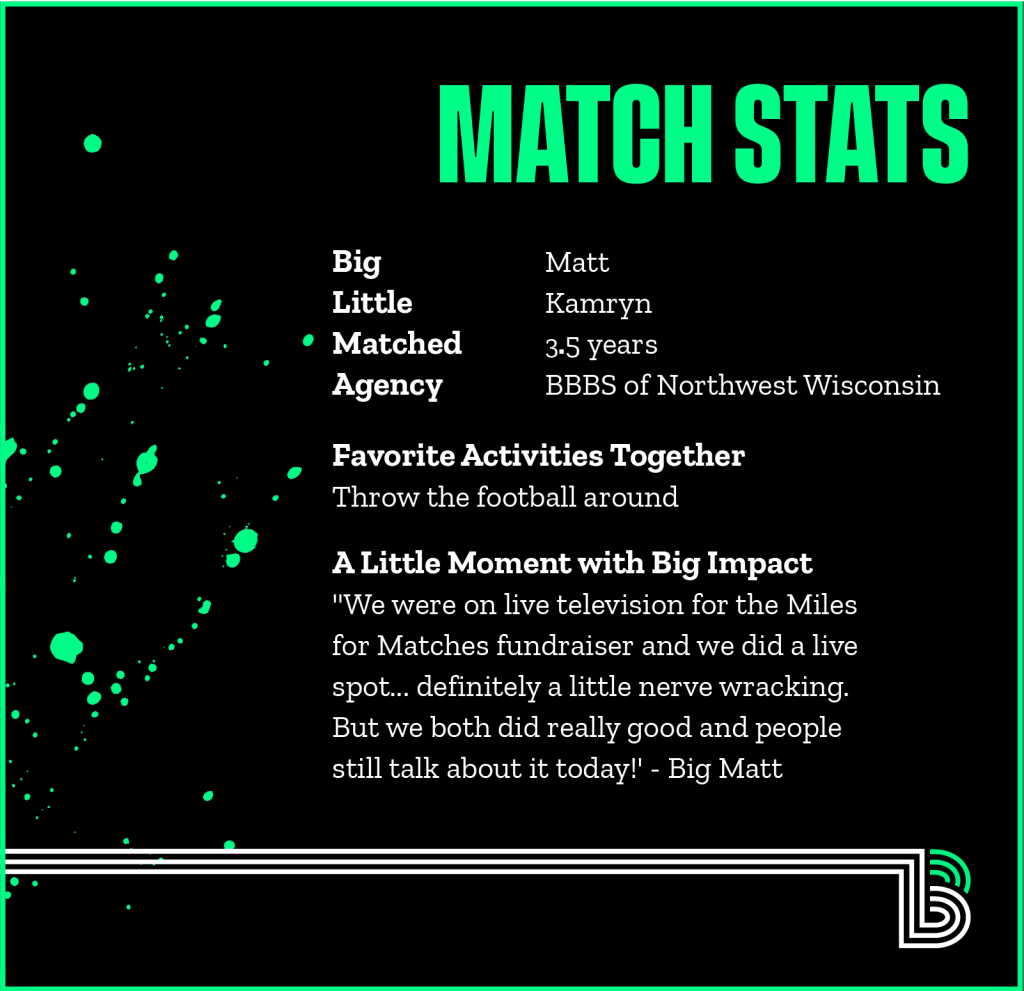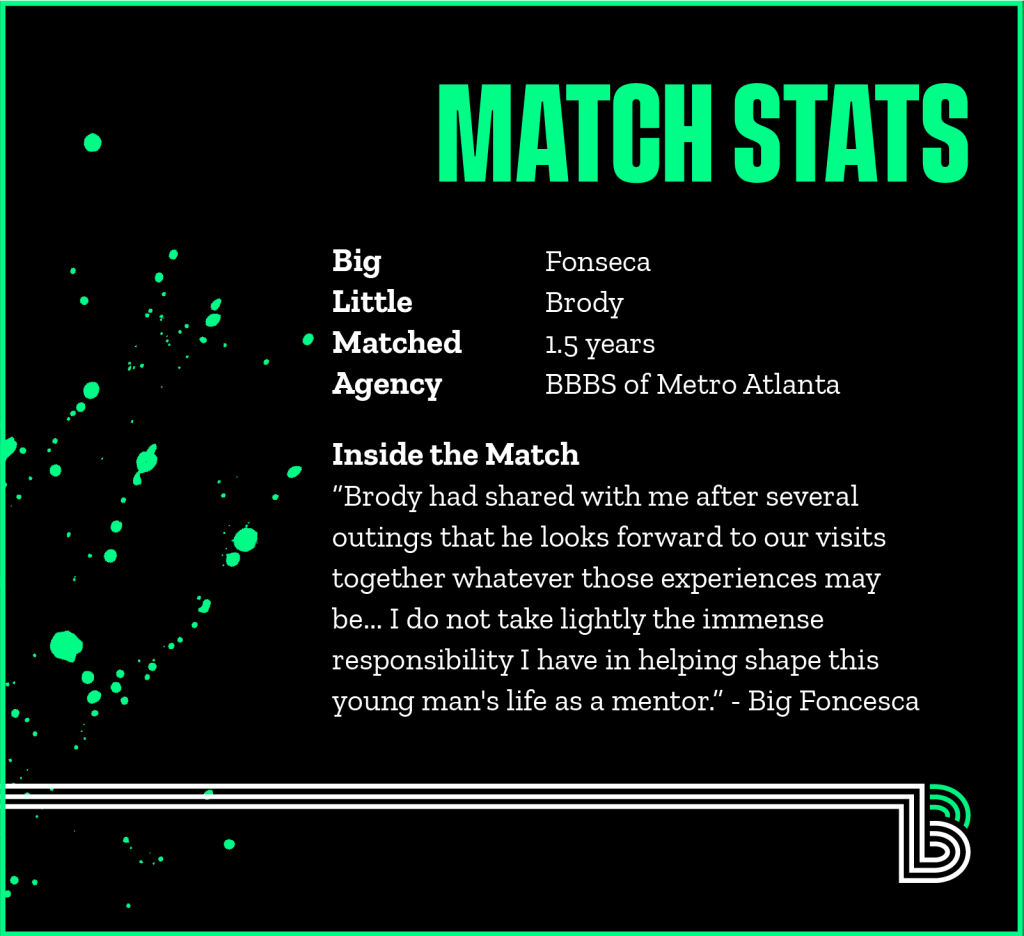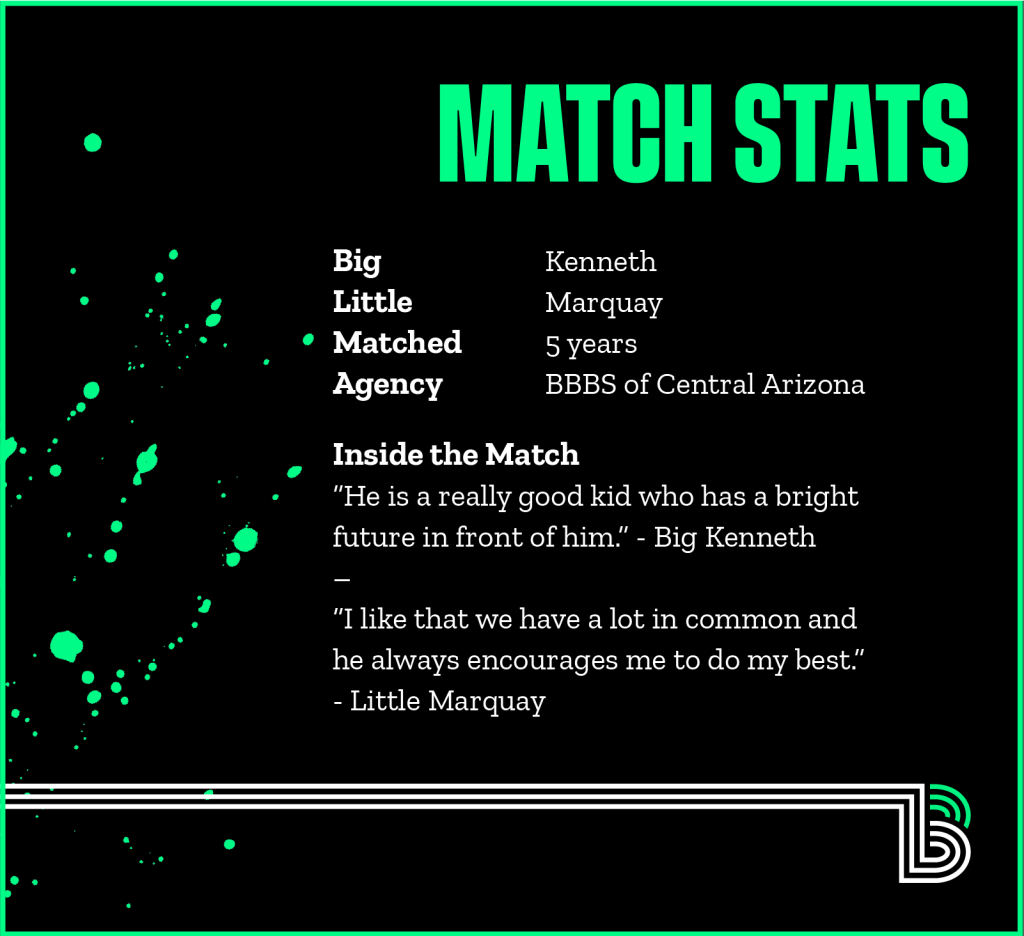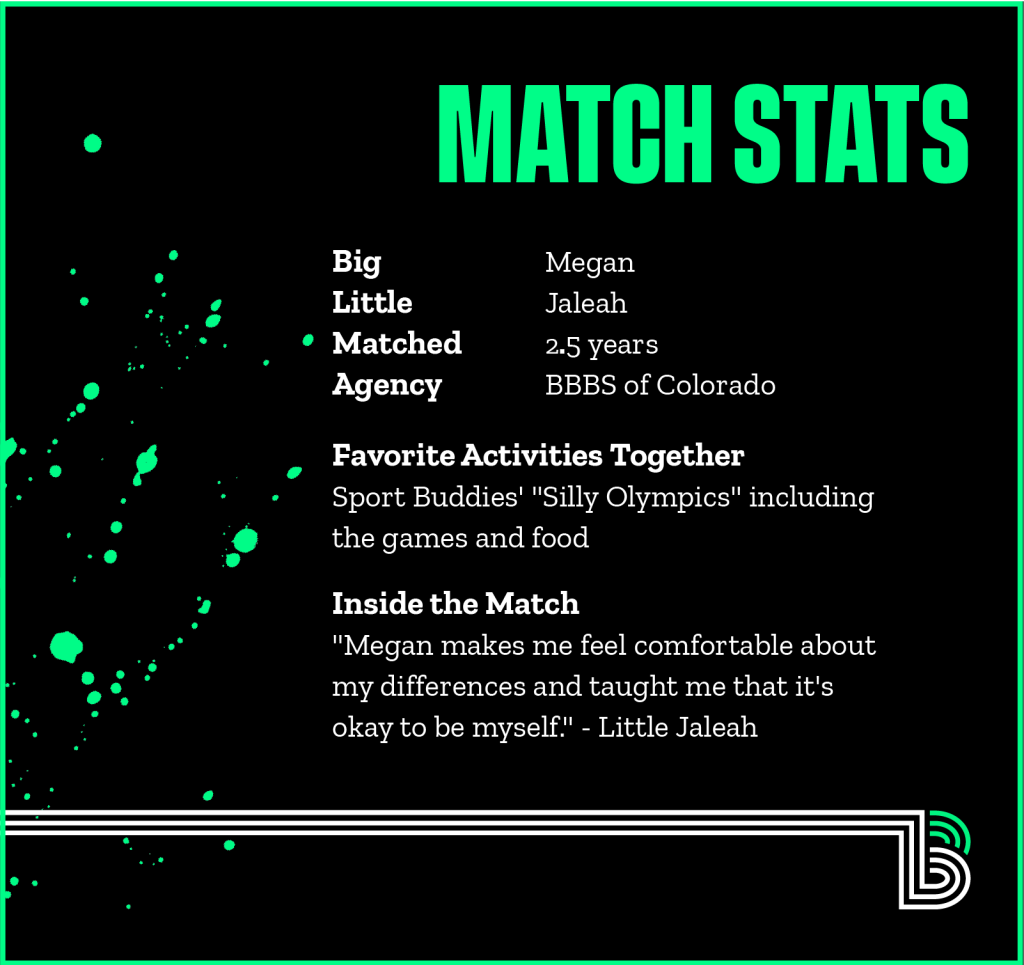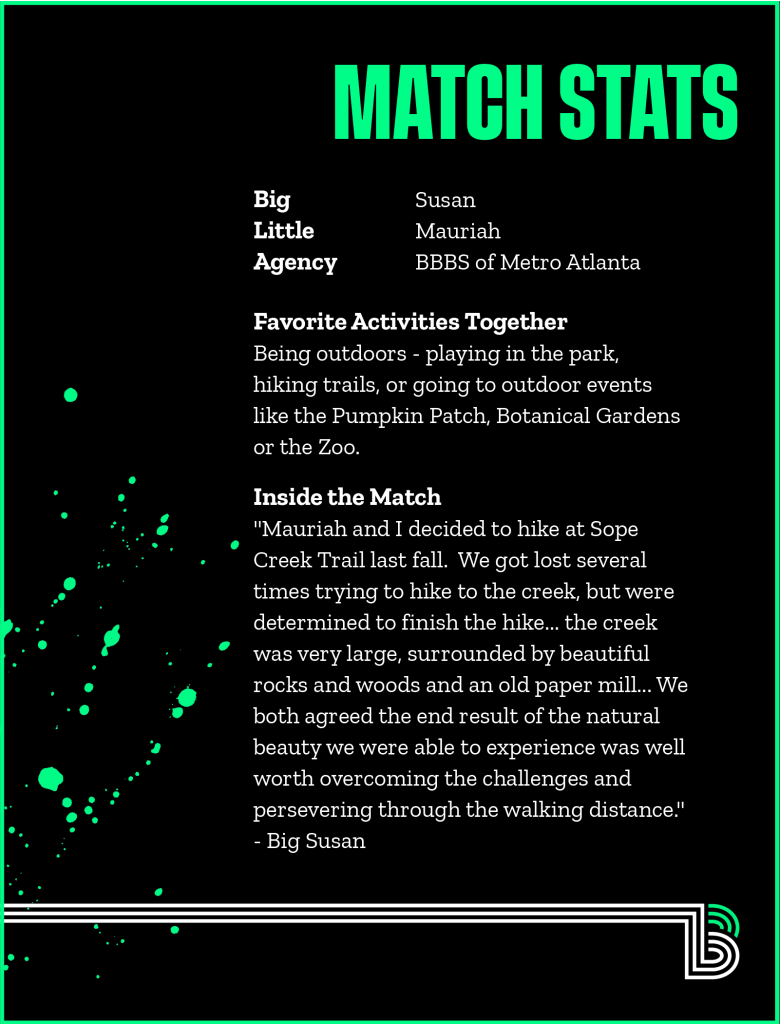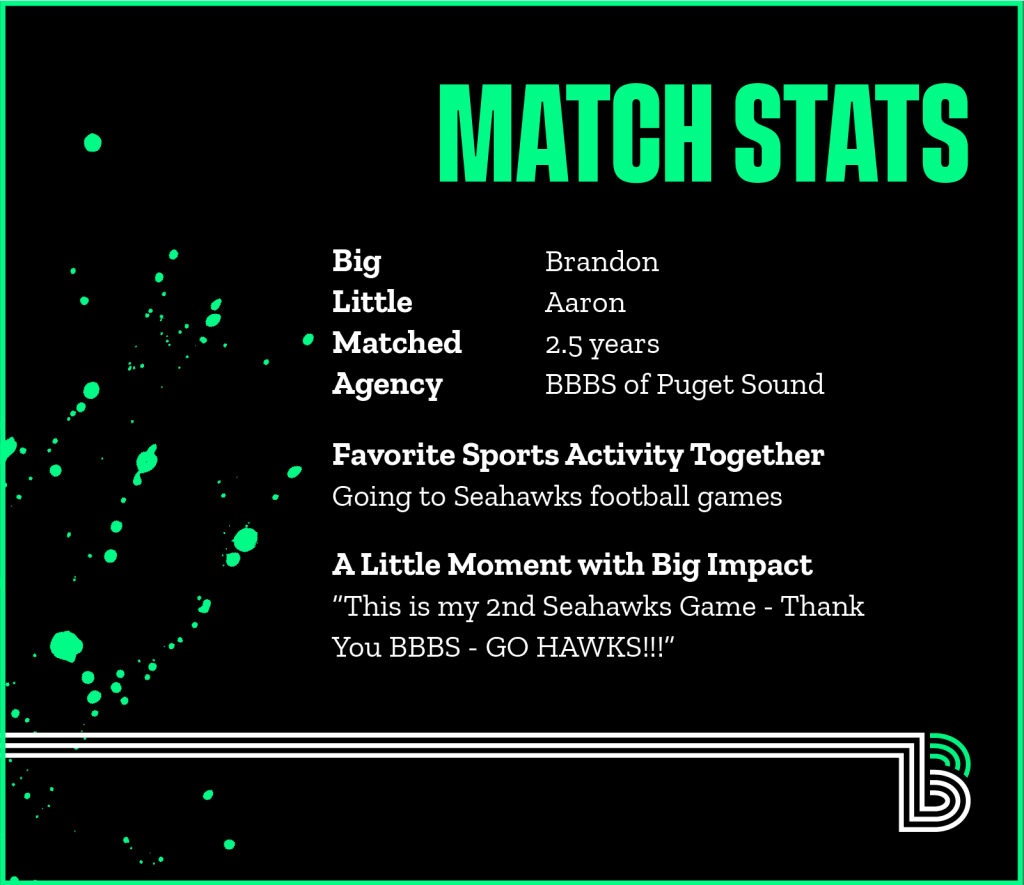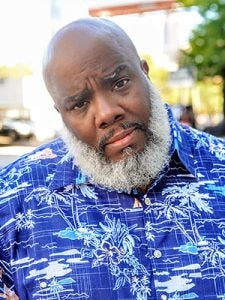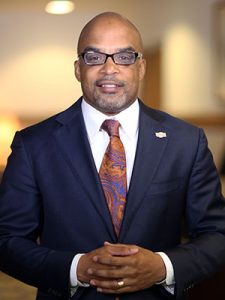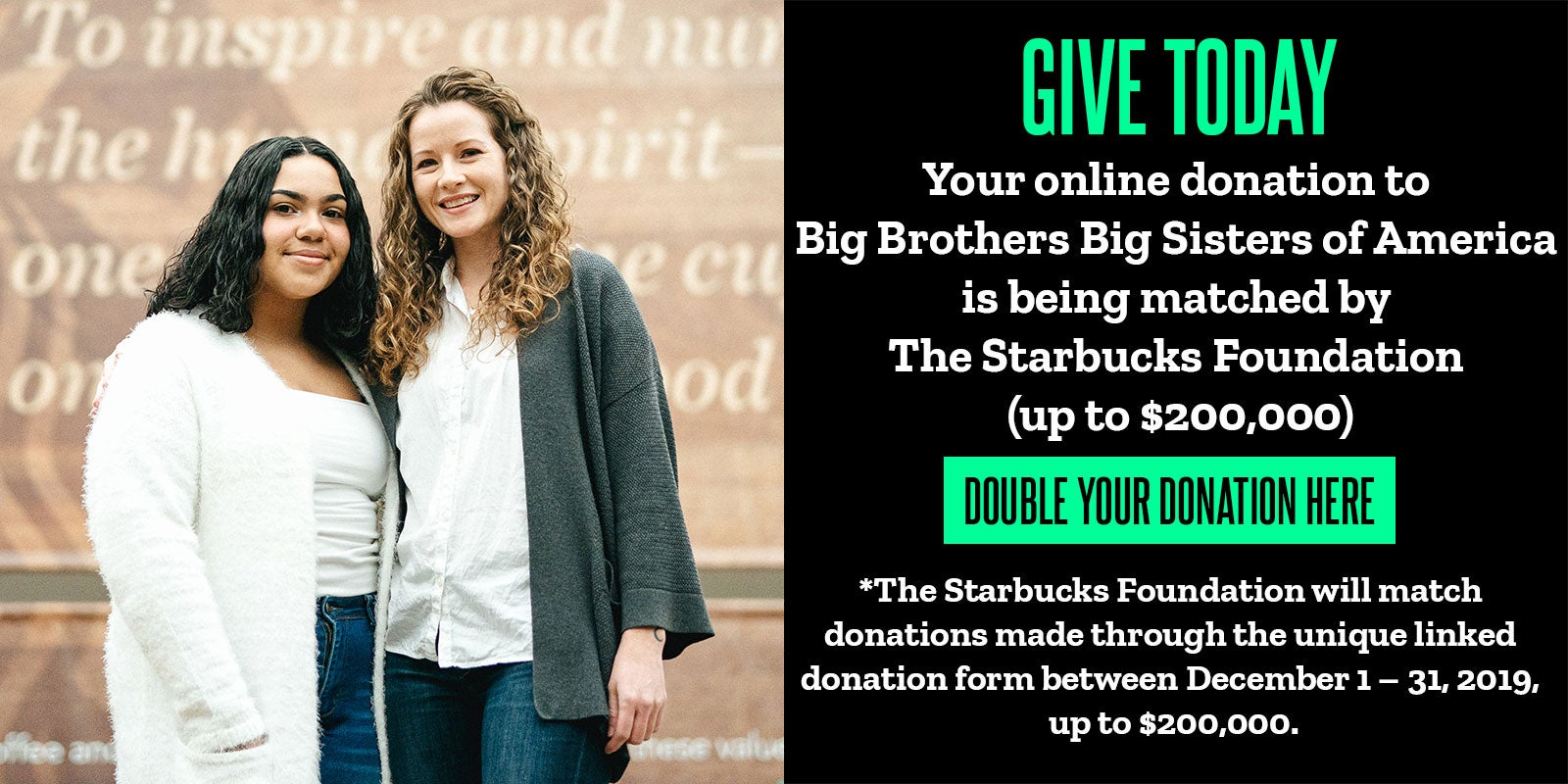
DURING THE COVID-19 PANDEMIC, vulnerable and marginalized communities that rely on nonprofit services have been hit especially hard. An interruption in services would further jeopardize the safety and wellbeing of those communities.
Proactive digital strategies can enable nonprofits to continue to offer services during this crucial time. It can also allow them to successfully fundraise, manage volunteers, and build constituent relationships to keep their programs running. Going digital has shifted from a matter of choice to survival.
Robin Hood, Big Brothers Big Sisters of America, and buildOn are among several nonprofits investing in digital technology. Each organization has accelerated its digital footprint to help them serve constituents today, and to lay the foundation to thrive in the future.
Robin Hood
IN NEW YORK, many of the people most affected by COVID-19 were those already living paycheck-to-paycheck. Leaders at Robin Hood, a nonprofit committed to raising New Yorkers out of poverty, knew they needed to respond quickly.
In March, Robin Hood launched a COVID relief fund. Their efforts included a virtual benefit, and a COVID weekly newsletter to keep donors and prospects close to the work. Since the launch of the relief fund, the organization has processed over $50 million in relief through nearly 700 grants, and grew its donor base by more than 80,000 people.
Robin Hood’s fundraising, programmatic, and grants deployment teams were able to manage this increased volume by working together on the same digital platform, which was built on Salesforce. As donations came in, these teams processed them through the platform and entered contact information in the database in real time. This enabled the organization to immediately send out acknowledgement letters to their new donors, and build relationships with them on social media.
“With our strong digital strategy, we can keep donors and prospects informed on programs and show them the effect they’re having,” says Sheila Kelly, chief advancement officer at Robin Hood. “Nonprofits that focus on their digital strategy, and show impact metrics can stand out and gain support even during a time of economic instability.”
Big Brothers Big Sisters of America
BIG BROTHERS BIG SISTERS OF AMERICA (BBBSA) is known for matching adult volunteers (Bigs) with children (Littles). COVID-19 presented a challenge for in-person relationship building, which has long been BBBSA’s core offering. The organization was concerned that the experience would not be the same virtually.
Knowing they couldn’t disrupt this support system for the Littles and their families, BBBSA leaders looked to their existing technology. Their current Salesforce infrastructure, they realized, had the necessary tools to continue facilitating engagement, including training Bigs on how to best support Littles in a virtual environment.
Now, to ensure Littles and their families get the most out of the experience, BBBSA deploys a Youth Outcome Survey with Marketing Cloud, which helps the organization analyze matches. In the past, it could take almost 90 days to get all the data into the system, but now BBBSA gets 70 percent of surveys back in less than 24 hours.
In just eight weeks, BBBSA also spun up a scalable online community with Community Cloud. In that community, Bigs can access articles and trainings on how to effectively support mentoring online, Bigs and Littles can communicate directly, and Bigs can report back to program staff how their now virtual hangouts are going. This builds a near-live scorecard, which creates the opportunity for proactive support and intervention when necessary.
“We realized we could take the relationship out of the real world and give Littles a virtual platform to engage on a one-on-one basis,” says Jarrod Bell, BBBSA’s chief technology officer. “The organization could still be there to offer support and to make sure they were safe and getting the most out of their matches.”
buildOn
BUILDON, an organization that empowers young people in urban areas to transform their neighborhoods and the world through intensive community service, started investing in its data and digital strategy in 2014 with Salesforce’s Nonprofit Starter Pack. Since then, the organization has used Nonprofit Cloud to build out its financial systems, omni-channel marketing strategy, and collaboration tools to reach and connect constituents around the world.
Despite its digital infrastructure, COVID-19 still presented challenges for the buildOn. The organization’s gala, a big source of funding, had to be moved online. Its volunteer programs— including Trek, which sends volunteers to build schools in six developing countries—were put on hold.
The tools buildOn had in place, however, gave the organization an agile mindset, and the ability to pivot quickly. Employees built a new virtual event strategy after testing different options with small groups. And with all their data on one platform, they can engage stakeholders around the world with updates on the impact of the work.
buildOn is also creating a virtual Trek experience, which challenges participants to construct a virtual school. This will keep participants engaged while social distancing orders are in place, and provide an immersive experience to draw in future prospects. The organization is also using this time to create a self-service community, including a curriculum in Trailhead for those participating in Trek.
“As we’re scaling up this stakeholder community, part of that will be managing these experiences better in the future,” says Eric Dayton, director of data at buildOn. “We have the systems and tools to keep people engaged and help them feel connected to the organization during this time. We’ll also be able to scale by 500 percent when the world gets back to normal.”
